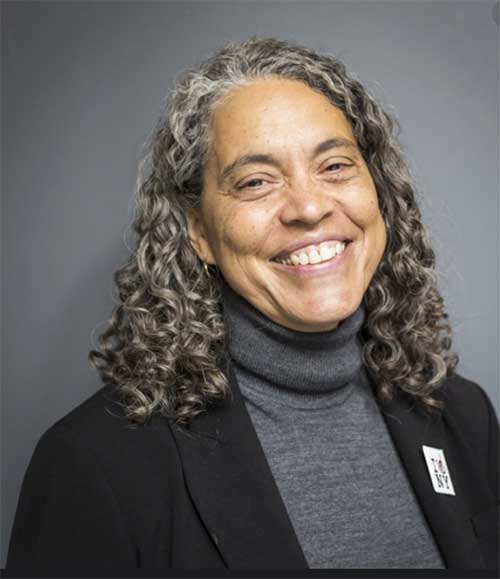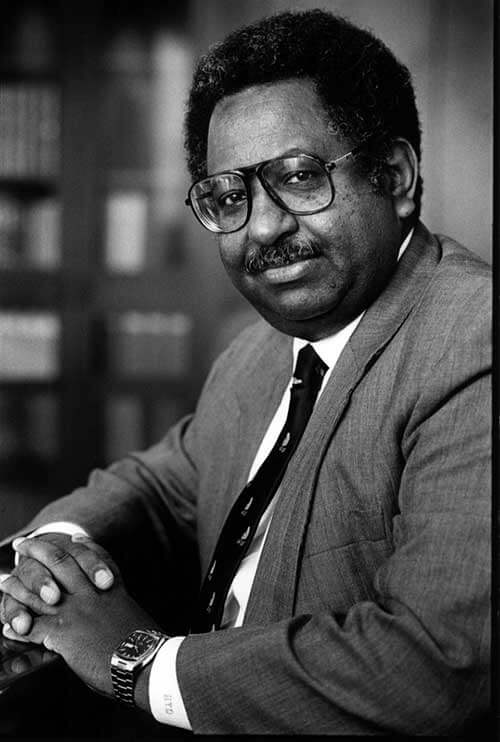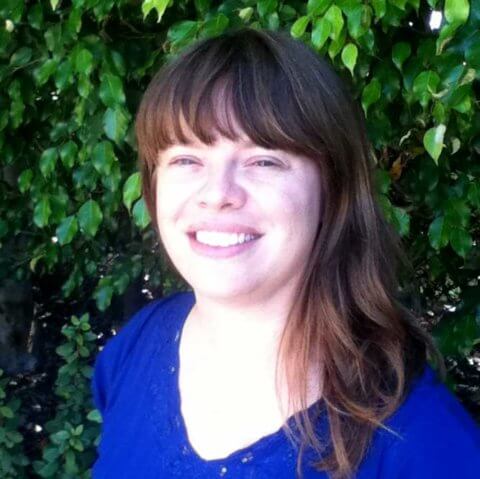Black History Month took on special significance this year, following a summer of protests asserting, yet again, that Black Lives Matter. We would be remiss if we failed to mention the groundbreaking Black faculty at UCSF who have made significant contributions in their fields and have found ways to illuminate new facets of racism previously unconsidered. In addition, on their paths to success, they have also sought to support and lift up others. Here are two examples of such faculty members.
Mindy Thompson Fullilove

Mindy Thompson Fullilove is a social psychiatrist who served as Assistant Clinical Professor of Psychiatry at the UCSF Center for AIDS Prevention Studies (CAPS) from 1983 until 1990. Her work sits at the intersection of mental health and public health, and she focuses on the “sources and consequences of inequality, with a focus on the American city,” including segregation, gentrification, and the impact of these forces on the mental and physical health of Black families. She is the author of numerous books, including The Black Family: Mental Health Perspectives and Root Shock: How Tearing Up City Neighborhoods Hurts America and What We Can Do About It. Most recently, she has co-edited a volume titled From Enforcers to Guardians: A Public Health Primer on Ending Police Violence. In 2018, she gave a TED talk which gives an overview of her work and her personal history and outlines her hopes for achieving equality.
Haile T. Debas

Eritrean surgeon Haile T. Debas has, many times over, served as an example of what Black leadership can look like, and has shown how it can benefit others in a variety of ways. Debas, who came to UCSF in 1987 to serve as the Chair of the Department of Surgery, specializes in gastrointestinal physiology. During his time as Chair, UCSF “became one of the country’s leading centers for transplant surgery, the training of young surgeons, and basic and clinical research in surgery.” He then went on to serve as the Dean of the School of Medicine for 10 years, from 1993-2003. In 1997, he was appointed as the 7th Chancellor of UCSF, a position that he agreed to hold for one year while also serving as Dean of the School of Medicine.
Debas, in his long and distinguished career, has demonstrated a commitment to serving underserved areas, from his work in the Yukon Territories, where he practiced surgery early in his career, to a long-held dream of establishing a medical school in Eritrea. It was this commitment that led him to establish, in 2009, the UC Global Health Institute, which sought to leverage the expertise and resources of all ten UC campuses to address global health issues, which he says are “so big that single disciplines can’t tackle them.” He also served as Executive Director of UCSF Global Health Sciences (GHS), established in 2003, which focuses on issues like diseases of poverty, chronic illnesses, and the global threat posed by certain infectious diseases, like COVID-19.
His work in global health has informed his support for women’s empowerment movements, and he notes, “In global health, women’s empowerment is the critical element — nothing will be accomplished to a successful end without women’s support.” Debas also established the UCSF Department of Surgery’s Haile T. Debas Diversity Fellowship for Fourth Year Medical Students, which offers fourth year medical students a sub-internship in the Department of Surgery, as well as a $2,500 stipend. Debas appears often in Archives and Special Collections materials, as a part of the Office of the Dean’s records, as well as in the Global Health Sciences records and the Oral History collection.

